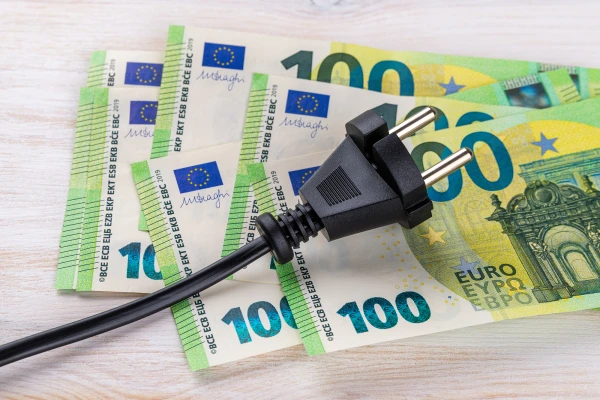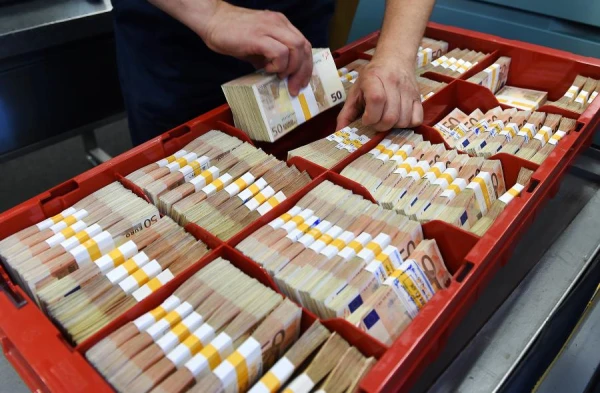
Economist Guntars Vitols shared his thoughts on bureaucracy, good intentions, and the situation in Latvia on social media and on the pietiek.com portal.
"This time - about tin foil hats. A fundamental thing, for the study of which several Nobel Prizes in Economics have been awarded. I was prompted to write about this by yet another chunga-changa, illustrating why it is said that good intentions lead to hell. Now it seems that restrictions from Soviet times will be introduced - how many square meters are allowed in your dwelling. One thing is 199 square meters, another is 201 square meters. Bureaucracy comes into play there.
One of my friends built a house in the countryside during Soviet times. To avoid exceeding the area limit, he filled the basement with sand, commissioned the house, then dug out the sand and set up a bathhouse. The intended result was achieved, but bureaucracy made him work with a shovel - burying the pit, then digging it up. Now they are implementing the same thing.
How do tin foil hats arise? Thanks to good intentions. This has been studied and established. For this, several people received a Nobel Prize and a million dollars in addition.
For example, there was Milton Friedman, one of the most famous economists of all time. He constantly said that political initiatives should be evaluated not by beautiful intentions but by the results that can be expected. But people do not understand this - they stubbornly vote for good intentions.
For instance, rent control. The intention is simply wonderful - you will get cheap housing. God knows how many parliaments have established such restrictions, but the result is always the same - cheap housing becomes less. This is one of the most popular examples cited by other Nobel laureates in economics.
But this changes nothing. The triumphant march of the tin foil hat continues. For example, alcohol has been heavily taxed since prehistoric times, sometimes making up half the cost of a bottle. People were told that it was being implemented to reduce drinking (a good intention). The result - only the filling of the state budget. People drink like crazy, and we are already among the world leaders, if not record holders. Previously, drunk drivers were sent to prison; now they confiscate the car, etc. Do people drink less? The actual result is that Latvia is a record holder for issuing fines. Football players came, got into a fight, as usual, and we came up with a punishment - there will be a fence around the monument at such events. A good intention, but for some reason, we were punished, while the football players long since rolled away. Great.
Then it was decided that they would regulate the world temperature (a good intention), and now we are already paying a CO2 tax (the actual result). Tomorrow, they say, this tax will be increased, but the world temperature will not budge an inch because of it.
Every year, they come up with something new. Recently, they tightened the restrictions on alcohol sales hours. Alcohol is a wildly cool topic for justifying punishment. A good intention, the actual result of which is a fight against small shops. Long live supermarkets!
The shadow economy, here you go! This is generally the best justification for punishments, a super argument - at the level of "sensei". The result - a stagnating economy, because there can be no other outcome. This has also been studied long ago and awarded a million-dollar prize per person.
And now - square meters per person. The shadow economy is neither hot nor cold from this. This I say. The intention is good, but the result is that only more bureaucracy will be added, hindering private construction. Bury the basement, dig up the basement - the same as before. In fact, construction should be banned! Then there will be no shadow economy.
As for punishments, they have their effect, but only up to a certain limit. After that, they are just a way for bureaucracy to thrive, with money spent on burying and digging up. There is hustle, but the economy and welfare do not grow from this.
I propose to stop spending money on awarding Nobel laureates. This prize should be given to the Bureau of Good Intentions."













